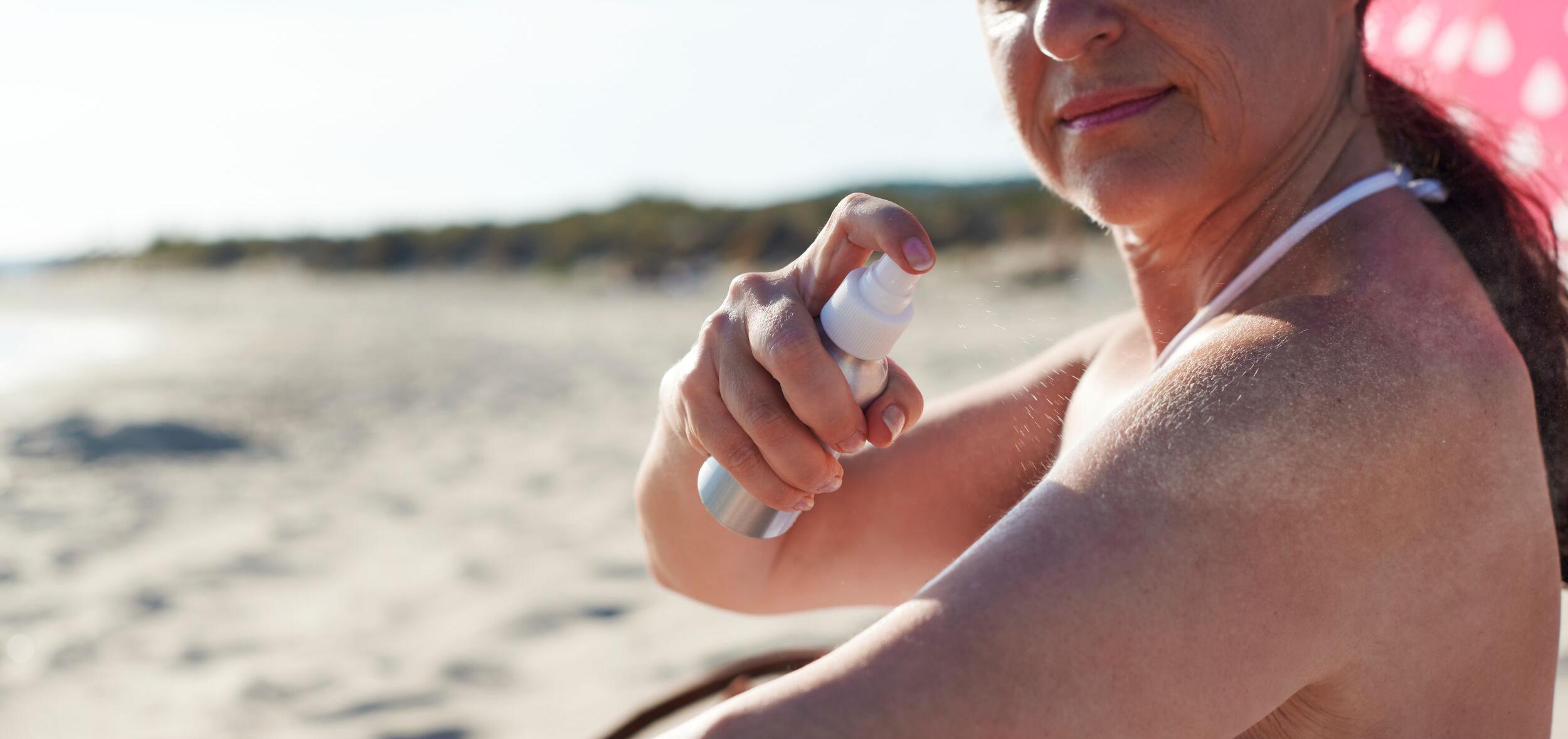
Should I Use Sunscreen on My Psoriasis? A Q&A with Dr. Truong
This article is part of a Q&A series in which a healthcare professional in our community answers your frequently asked questions.
We asked: “I thought natural sunlight exposure can help psoriasis. Why do I need to apply sunscreen?”
Allison Truong, M.D.: When you have psoriasis, soaking up a few rays can be a good thing. Ultraviolet rays from sun exposure can help clear and possibly prevent psoriasis plaques.
But—and this is a big one—even just one prolonged sun exposure can increase your risk of skin cancer. You need to wear sunscreen anytime you’re in the sun to protect yourself from its harmful rays.
Studies have shown that certain psoriasis treatments may also increase your risk for nonmelanoma skin cancers. It’s especially important to wear sunscreen if you’re taking any of these treatments for your psoriasis:
- Psoralen and ultraviolet A (PUVA) therapy, a type of phototherapy
- Cyclosporine, a type of immunosuppressive drug
- Tumor necrosis factor (TNF) inhibitors, a type of biologic drug
Look for sunscreen that is fragrance free, since people with psoriasis may have skin that’s more sensitive to allergens in sunscreens with fragrances. Also, look for one with a sun protection factor (SPF) of 30 or higher, which will block at least 97% of the sun’s harmful rays.
To properly apply your sunscreen, plan to use 1/2 teaspoon on your face and enough to fill up a shot glass (1 1/2 ounces) to cover the rest of your body. And remember to reapply every two hours—even on cloudy days.
If you absolutely hate the feel of sunscreen, consider buying ultraviolet protection factor (UPF) clothing, which has UV protection built into it. These types of tops, shorts, and pants are sold in many stores and online retailers these days. Hats are important, too, as they can provide good protection for your face and neck.
You should also plan to stay out of the sun during its peak hours of 10 a.m. to 4 p.m., when UV radiation levels are at their highest.
Simply put: Wear sunscreen and take other steps to protect your skin so you don’t end up with another problem to take care of.
You May Also Like:
Want to Read More?
Access all of Twill Care’s content, community, and experts for free!
Already a member? Login
Want to Read More?
Access all of Twill Care’s content, community, and experts for free!
sign UP For FreeAlready a member? Login

